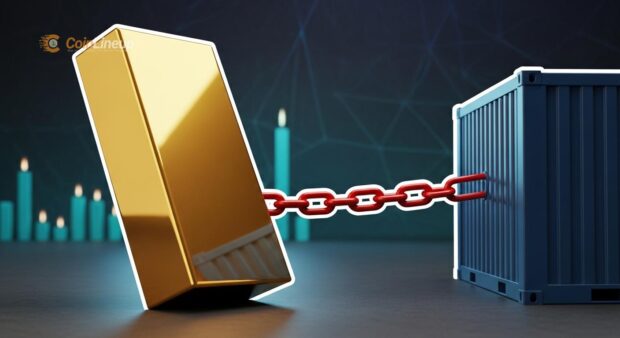
- Wang Chun opposes Bitcoin’s BIP-444 proposal.
- Concerns over processing Bitcoin transactions.
- Potential impact on Bitcoin’s mining operations.
F2Pool co-founder Wang Chun opposes BIP-444, rejecting any soft fork operations. He argues that changes aimed at reducing spam transactions could disrupt Bitcoin’s network stability, reflecting ongoing debate within the crypto community on platforms like GitHub and Reddit.
Wang Chun, co-founder of Bitcoin mining giant F2Pool, has voiced opposition to BIP-444 on X, formerly known as Twitter, raising concerns about the proposal’s implications for the network and reluctantly backing any soft fork operations.
Wang Chun’s disapproval of BIP-444 underscores a significant divide within the Bitcoin community concerning network modifications meant to address spam transactions. Immediate effects on mining operations and potential financial impacts of new network rules are being debated.
F2Pool co-founder Wang Chun criticized BIP-444, describing it as poorly conceived. The proposal aims to reduce spam transactions on Bitcoin’s network. However, F2Pool’s opposition suggests potential strains on mining ease and profitability due to rule changes.
Wang Chun is an influential figure at F2Pool, established in 2013. His statements on X emphasize the divergence within Bitcoin circles about BIP-444. Proposals like these necessitate consensus among miners, users, and developers to effectuate network changes.
“BIP-444 is a bad idea. We will not support any soft fork operations, whether temporary or not.” — Wang Chun, Co-Founder, F2Pool
Any alterations due to BIP-444 could affect Bitcoin transaction processing, mining revenues, and network congestion. Traders and miners are closely monitoring these developments for regulatory and financial implications. Concerns over stability and governance remain prevalent.
Historically, Bitcoin has seen debates over network changes like Taproot, which gained support. As discussions on BIP-444 evolve, the industry’s capacity for adapting to such propositions will be crucial. The broader cryptocurrency environment may experience resonant effects.
Miners anticipate financial, regulatory, and technological outcomes from BIP-444 deliberations. These might lead to shifts in transaction volume, block size adjustments, or tweaks in miner incentives. As the discourse continues, the implications are of global interest.





























